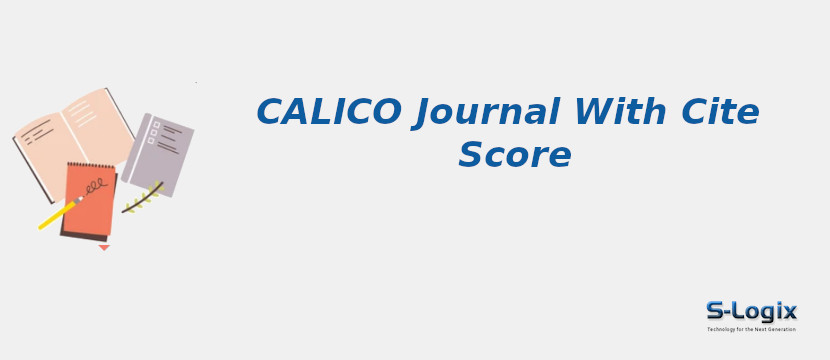Journal Home: Journal Homepage
Editor-in-Chief: Bryan Smith
Print ISSN: 20569017
Electronic ISSN:
Abstracting and Indexing: SCOPUS
Imapct Factor :
Subject Area and Category: Arts and Humanities,Language and Linguistics ,Computer Science,Computer Science Applications, Social Sciences ,Education,Linguistics and Language
Publication Frequency:
H Index: 49
Q1: Education
Q2:
Q3:
Q4:
Cite Score: 3.6
SNIP: 0.651
Journal Rank(SJR): 0.586
Latest Articles: Latest Articles in CALICO Journal
Guidelines for Authors: CALICO Journal Author Guidelines
Paper Submissions: Paper Submissions in CALICO Journal
Publisher: Equinox Publishing Ltd
Country: United States
